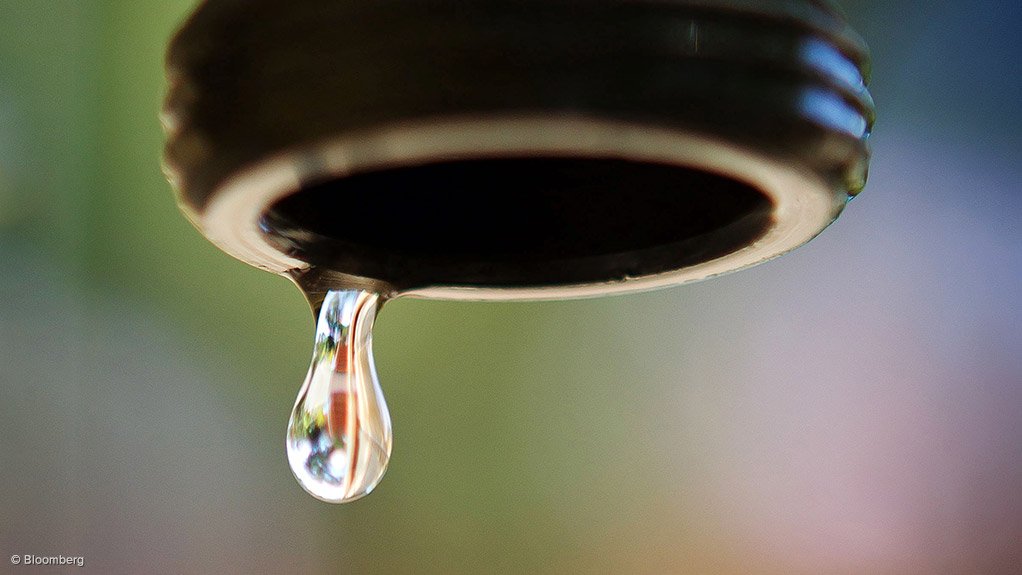/ MEDIA STATEMENT / The content on this page is not written by Polity.org.za, but is supplied by third parties. This content does not constitute news reporting by Polity.org.za.
The Department of Water and Sanitation (DWS) will tighten compliance and enforcement measures against the City of Tshwane (CoT) until it complies with its obligation to deal with low effluent standards and provide safe drinking water to affected communities.
The Department painted a bleak picture about the present state of the Rooiwal Wastewater Treatment Works and Temba Water Treatment Works when it appeared on Tuesday, 09 March 2021, before the Portfolio Committee on Human Settlements, Water and Sanitation.
Following its oversight visit to the CoT in 2019 and in February 2020, the Portfolio Committee instructed the City to urgently resolve the water and wastewater challenges which persisted to pose a health risk for the community.
The Department’s Acting Director-General, Ms Deborah Mochotlhi and the team, attributed the notable lack of progress to resolving the water and wastewater challenges mainly to instability of leadership in the City, saying this has had a negative impact on progress since the Department has had to engage anew on the intervention on several occasions.
Ms Mochotlhi said the action plan to turn around the situation at the Rooiwal WWTW and the Temba Water Treatment Works have not yielded any positive results as the plans were not implemented in line with the directives issued by the Department, nor the action plan presented to the Committee by the City.
Acting DG told the Committee that the City has cited lack of funds for not implementing the action plan and the City is said to have approached the Development Bank of Southern Africa for funding.
Amongst problem areas at the Rooiwal Wastewater Treatment Works, the Department’s inspectors found that the works was overloaded, there was poor sludge management and no schedule for operations and maintenance.
Meanwhile, on the audit and inspection of the Temba WTW, it was found that communities were still supplied with poor water quality and that the water tankers used to supply water to affected communities do not meet the demand. Other challenges related to water quality failures on availability of ammonia, phosphates, nitrate-nitrites, colour, taste and odour parameters which remained the same.
“In view of the numerous non-compliances, DWS will proceed with the court case opened against the CoT as per Section 53 of the National Water Act (Act 36, 1998)”, Mochotlhi told the Committee.
On 26 February 2021 the SA Human Rights Commission held an inquiry on the state of rivers under the jurisdiction of the City, which included the Apies, the Pienaars and Hennops.
Ms Mochotlhi reiterated that going forward the CoT must prioritise the review of its maintenance and operations manual, the appointment of qualified process controllers to address staff shortages at their works, and the appointment of the security personnel at the works to address the theft and vandalism issues.
Issued by the Department of Water & Sanitation
EMAIL THIS ARTICLE SAVE THIS ARTICLE ARTICLE ENQUIRY
To subscribe email subscriptions@creamermedia.co.za or click here
To advertise email advertising@creamermedia.co.za or click here











